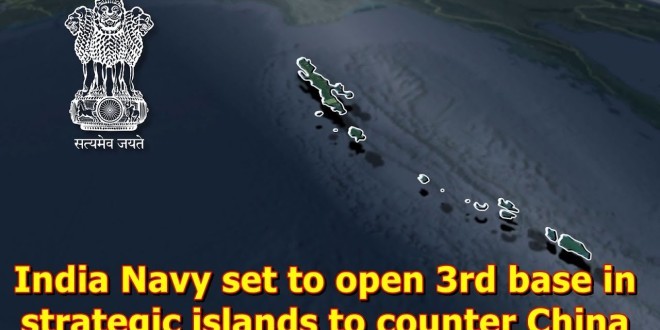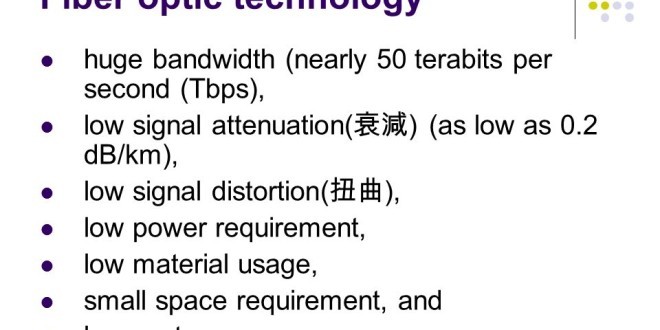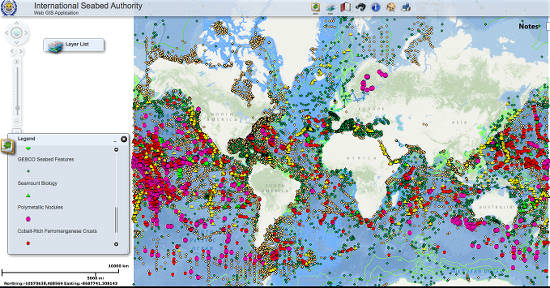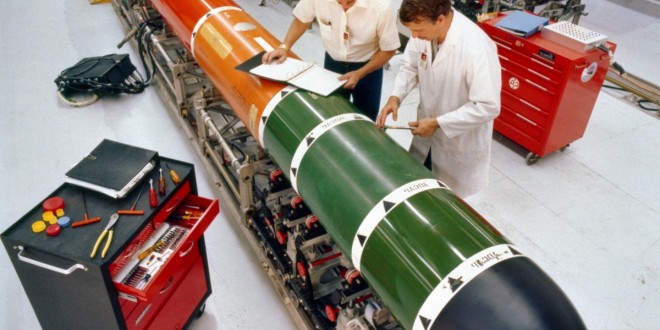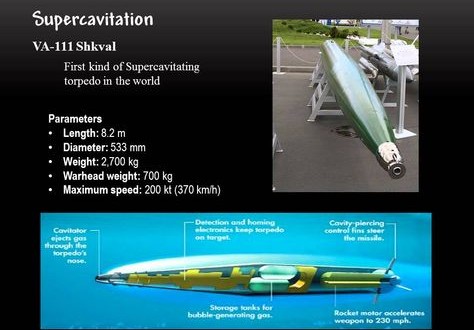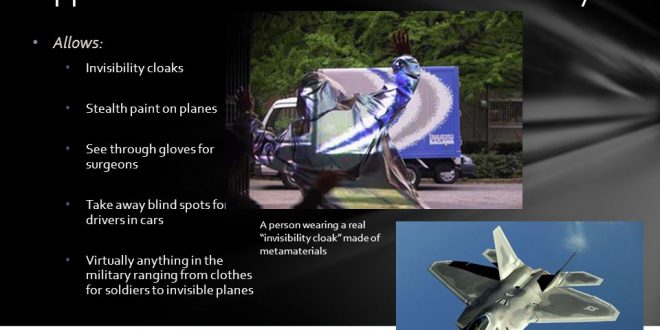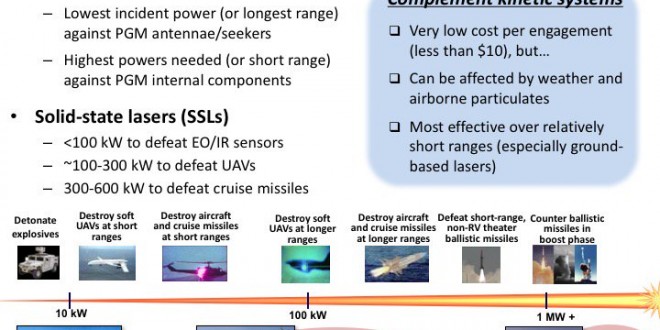October 13, 2020
Defense & Military, Geopolitics, Strategy & Technological Rivalries
Indian Defense Ministry report had warned of the “grave threat” posed by the Chinese navy in the Indian Ocean. It suggested that China is widening its orbit of patrols beyond Chinese waters to jockey for control of highly sensitive sea lanes. In mid-2016, Indian naval officials said they were sighting Chinese …
Read More »
October 1, 2020
Geopolitics, Strategy & Technological Rivalries, Industry & Market Dynamics, Navy & Maritime
In 2015, the People’s Republic of China’s (PRC, China) Ministry of National Defense published its military strategy which highlighted the increasing importance of maritime dominance stating that “the traditional mentality that land outweighs sea must be abandoned, and great importance has to be attached to managing the seas and oceans …
Read More »
September 10, 2020
Comm. & Networking, Geopolitics, Strategy & Technological Rivalries, Photonics
One of the biggest challenges for 5G and last mile 10 Gig deployments is not raw data speeds, but middle mile and core networks. Currently, top speeds for core networks are between 200 Gbps and 400 Gbps, depending on the carrier and day of the week. Optical systems with advent …
Read More »
September 5, 2020
Geopolitics, Strategy & Technological Rivalries, Navy & Maritime
Like the British Royal Navy more than a century before it, the U.S. Navy has a command of the sea that affords the United States unrivaled international influence. By its use of the sea, which covers nearly three-quarters of the earth, a navy can do things that land-based forces cannot. …
Read More »
August 22, 2020
Geopolitics, Strategy & Technological Rivalries, Navy & Maritime
Torpedoes are self-propelled guided projectiles that operate underwater and are designed to detonate on contact or in proximity to a target. For the U.S. Navy, the modern torpedo enables submarines to defeat surface and undersea threats and gives surface ships and aircraft the means to reach beneath the surface and …
Read More »
August 20, 2020
Geopolitics, Strategy & Technological Rivalries, Navy & Maritime
One of the biggest problems with trying to get torpedos to travel faster is the fact that water is a thousand more times dense than air, so in order to overcome that resistance researchers have had to try a variety of different techniques. One of the phenomenon called supercavitation uses …
Read More »
August 11, 2020
Geopolitics, Strategy & Technological Rivalries, Material
The Department of the Interior published on May 18, 2018, a list of 35 mineral commodities considered critical to the economic and national security of the United States. These minerals have been designated as critical to the US’s national interest in part because of their potential military and industrial applications. …
Read More »
July 25, 2020
Geopolitics, Strategy & Technological Rivalries, Nanotech
Stealth technology has proven to be one of the effective approaches to enhance the survivability of Aircrafts. Aircraft/helicopter designers are making them stealthier by reducing their signatures; viz. visual, aural, infrared (IR), and RADAR cross section. Advancements in stealth technologies, as demonstrated by the very low RCS of stealth aircraft …
Read More »
July 18, 2020
Geopolitics, Strategy & Technological Rivalries, Photonics, Weapons & Munitions
The Laser Directed Energy Weapons (DEWs) offer a transformational ‘game changer’ to counter asymmetric and disruptive threats, while facing increasingly sophisticated traditional challenges. Laser technology provides major advantages for military applications over kinetic weapons due to High precision and rapid on-target effect, precise and scalable effects, avoidance of collateral damage …
Read More »
July 11, 2020
Geopolitics, Strategy & Technological Rivalries, Thermal, Propulsion & Energy, Weapons & Munitions
Biofuels are regarded as promising alternative to satisfy growing energy demands. Biomass derived biodiesel and bioethanol can be successfully utilized in modem vehicle engines with little or no modifications and thus contribute to lower combustion emissions in comparison to the former. Adequate production not only serves as long term replacement …
Read More »
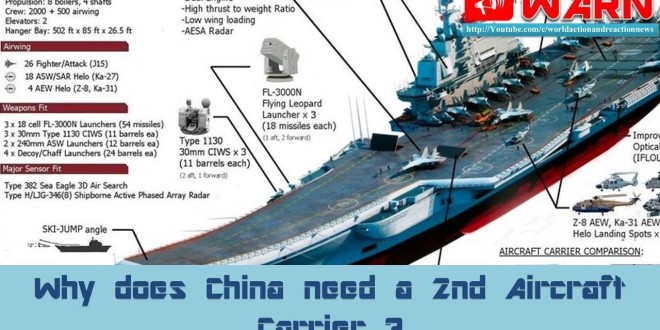
 International Defense Security & Technology Your trusted Source for News, Research and Analysis
International Defense Security & Technology Your trusted Source for News, Research and Analysis
